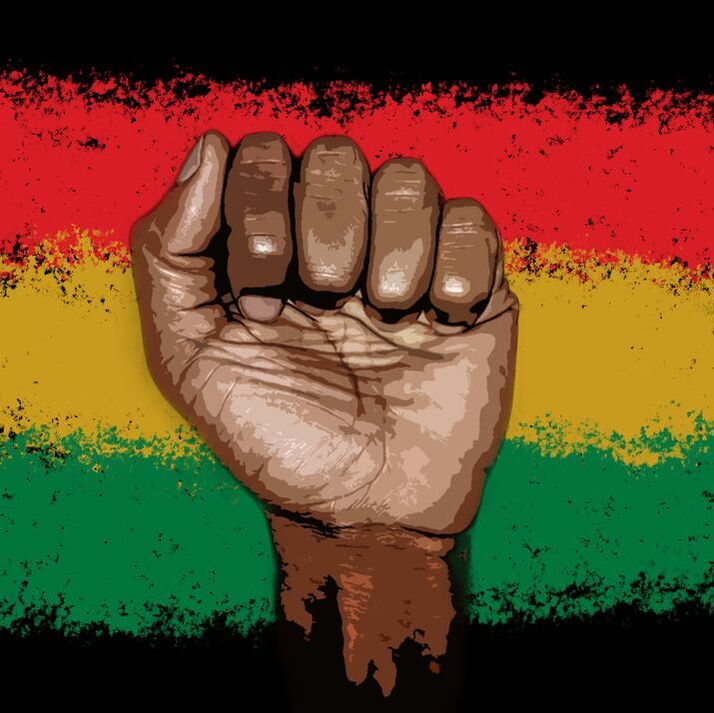|
To be Black and Catholic is a seemingly paradoxical reality. On the one hand, it is a rich and joyful tradition, of which one continuously is learning and receiving new information, stories, and expressions. Within the last month alone, I have learned about Anne Marie Becraft, who founded one of the first Catholic schools for Black girls and became one of America’s first Black nuns. I also learned about the legacy of Black nuns in the United States, the long history of Black women being rejected from white-run religious orders, and the importance of specifically Black led orders like the Oblate Sisters of Providence and the Sisters of the Holy Family.
Being Black and Catholic also means experiencing the oneness of our Catholic faith in a unique and challenging way. Unlike other denominations, who split over the issue of slavery (ex. Baptists and ‘Southern’ Baptists) Catholics were Slaves, Slaveholders and Abolitionists; all in the same one Church. Likewise, in the Civil Rights Era, both Segregationists and Civil Rights Activists were held by the oneness of their shared Catholic faith. This is no surprise to us today, as we likewise have many Catholics on the Right and the Left; many Catholics identifying as Republicans even against our country’s second Catholic Democratic President, Joe Biden. This tension is not just individual but systemic. The Church consistently condemned the Atlantic Slave Trade, as early as 1537 in Sublimus Dei when Pope Paul III wrote: “[Satan] has stirred up some of his allies who, desiring to satisfy their own avarice, are presuming to assert far and wide that the Indians...be reduced to our service like brute animals, under the pretext that they are lacking the Catholic faith.” By contrast, there are countless examples of slavery being widely accepted by Catholics in the United States, including several southern Bishops and most famously the Jesuits of Georgetown University (who have since made attempts to offer reparations to descendents of slaves owned & sold by them). At the same time, Catholic slavery was better than most since Catholics were required to evangelize and give sacraments to their slaves. This meant educating their slaves to read & write and provide religious education- all this at a time when in many states it was scandalous and radical to provide such education, if not illegal altogether. In the face of this history, one might ask “Why stay Catholic? Why stay a member of an institution which has not supported your ancestors- and does not always support you even today?” Indeed, Black Catholics exhibit an Uncommon Faithfulness, as the title of the seminal text on Black Catholicism suggests. Ultimately Black Catholics remain faithful because the Church is our home. To be truly Catholic means to be “universal”- embracing all cultures, traditions and identities under the unity of Jesus. Christ opened the doors of salvation, not to one race, or gender, or orientation, but to all people. The Catholic church is the Church who does not divide over the purity or sinfulness of its members, but wrestles as one human family with the good, the bad and the ugly. Comments are closed.
|
Archives
July 2024
Categories |
MANY parts. ONE Body of Christ. EVERYONE belongs here.
Locations & HoursMailing Address
St. Scholastica Monastery 7430 N. Ridge Blvd. Chicago, IL 60645 Directions Hours of Availability Contact Staff to schedule meetings After Hours (Immediate Assistance) Phone: 224-307-4048 Email: [email protected] Why We Use PronounsSign up for email and text notifications!
Giving to UCYM |
Can't Find What you Need? |
© United Catholic Youth Ministries. All Rights Reserved.





